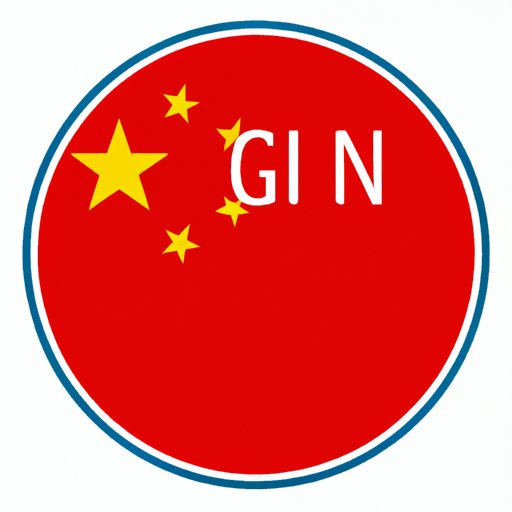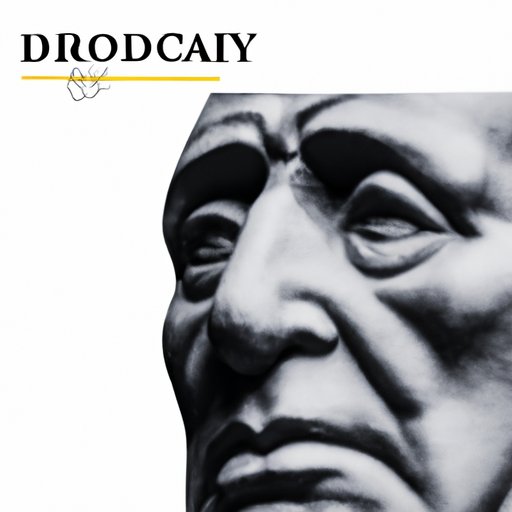Explore the history and impact of world wars, including their role in shaping global geopolitics, developing technology, and promoting human rights. This article also addresses the potential consequences of a third world war and the need for prevention efforts.
Exploring Social Studies: Its Importance, Components, and Benefits
This article explores the significance of social studies, its components, and its benefits for students and society as a whole. It covers topics such as the definition and importance of social studies, its components, its evolution, critical thinking, human rights, and multiculturalism, with the aim of highlighting the significance of social studies in education and society.
The CCP: Understanding China’s Ruling Party and its Global Impact
This article provides an overview of the Communist Party of China (CCP) and its global impact. It discusses the party’s historical background, policies, and political landscape. It also covers the CCP’s impact on international relations, human rights abuses, and a comparative analysis of China’s one-party system to democratic systems. The article concludes by discussing the CCP’s evolution across decades and its implications for China and the world.
The Magna Carta: Understanding Its Significance in Modern Democracy and Human Rights
Explore the reasons why the Magna Carta is so important in modern times and the ways it continues to influence various aspects of society, including democracy, human rights, and the rule of law. Gain a historical perspective on how this document came to existence, how its principles have transitioned over centuries, and how it currently applies to society.
Understanding the Root Cause: Why Did North Korea Invade South Korea
Understanding the root cause of the Korean War – this article explores why North Korea invaded South Korea, looking at political, ideological, and external factors that contributed to the conflict. The article also examines the human cost of the invasion and how it shaped the political and economic development of the Koreas post-war.
What is Dignity: Understanding the Importance of Human Dignity in Everyday Life
This article explores the meaning and significance of dignity in everyday life. It examines the connection between dignity and human rights, the role of dignity in healthcare, maintaining dignity in aging, and preserving dignity in death.
Why Abortions Should Be Legal: The Right to Reproductive Choice
This article explores why abortions should be legal by examining women’s fundamental right to reproductive choice, the impact of anti-abortion laws on marginalized communities, and the safety and effectiveness of legal abortion. It addresses misconceptions surrounding abortion and the importance of providing factual information to support reproductive choice.
Why Healthcare Should Be Free: Promoting a Healthier Society, Ethics, and Economic Benefits
Healthcare should be free to all individuals as it promotes a healthier society, is a matter of ethics and human rights, provides economic benefits, and prioritizes preventative care. This article explores the benefits of free healthcare, addressing common misconceptions and presenting a vision for an equitable and accessible healthcare system.
The Pros and Cons of Autocracy: Examining the Impact of One Ruler
Autocracy can have both advantages and disadvantages, dependend on the context. This article explores the meaning of autocracy, its impacts on society, the psychology of autocrats, the effects of autocracy on individual and on the global community, and the comparison between democracy and autocracy.
The Rape of Nanking: Understanding One of History’s Most Horrific Events
This article explores the historical background and social significance of the horrific event known as The Rape of Nanking. It shares stories of survivors, evaluates the international response, and reflects on implications for today. This article seeks to raise awareness of one of the darker moments in human history, emphasizing its ongoing impact and need for healing.









